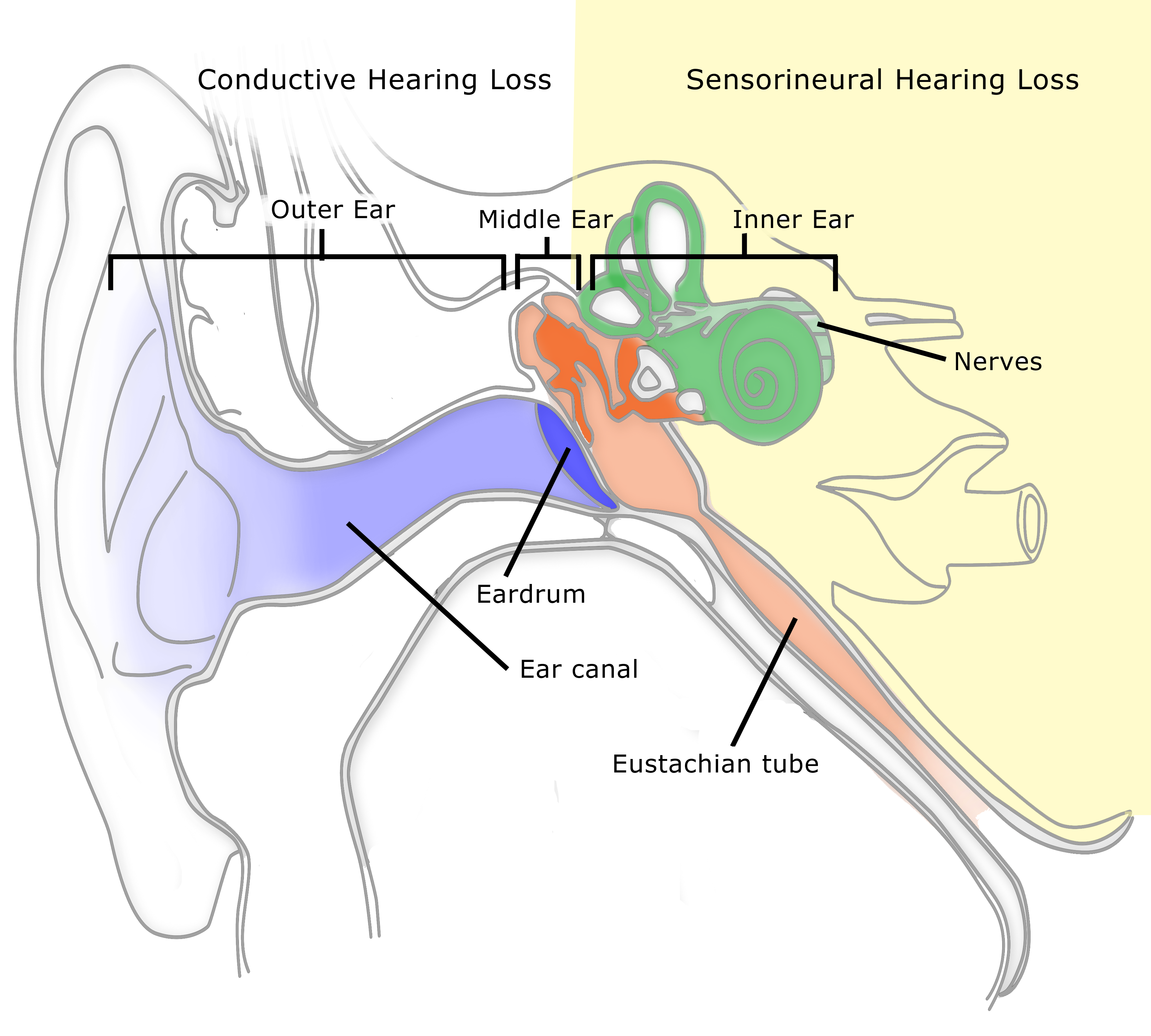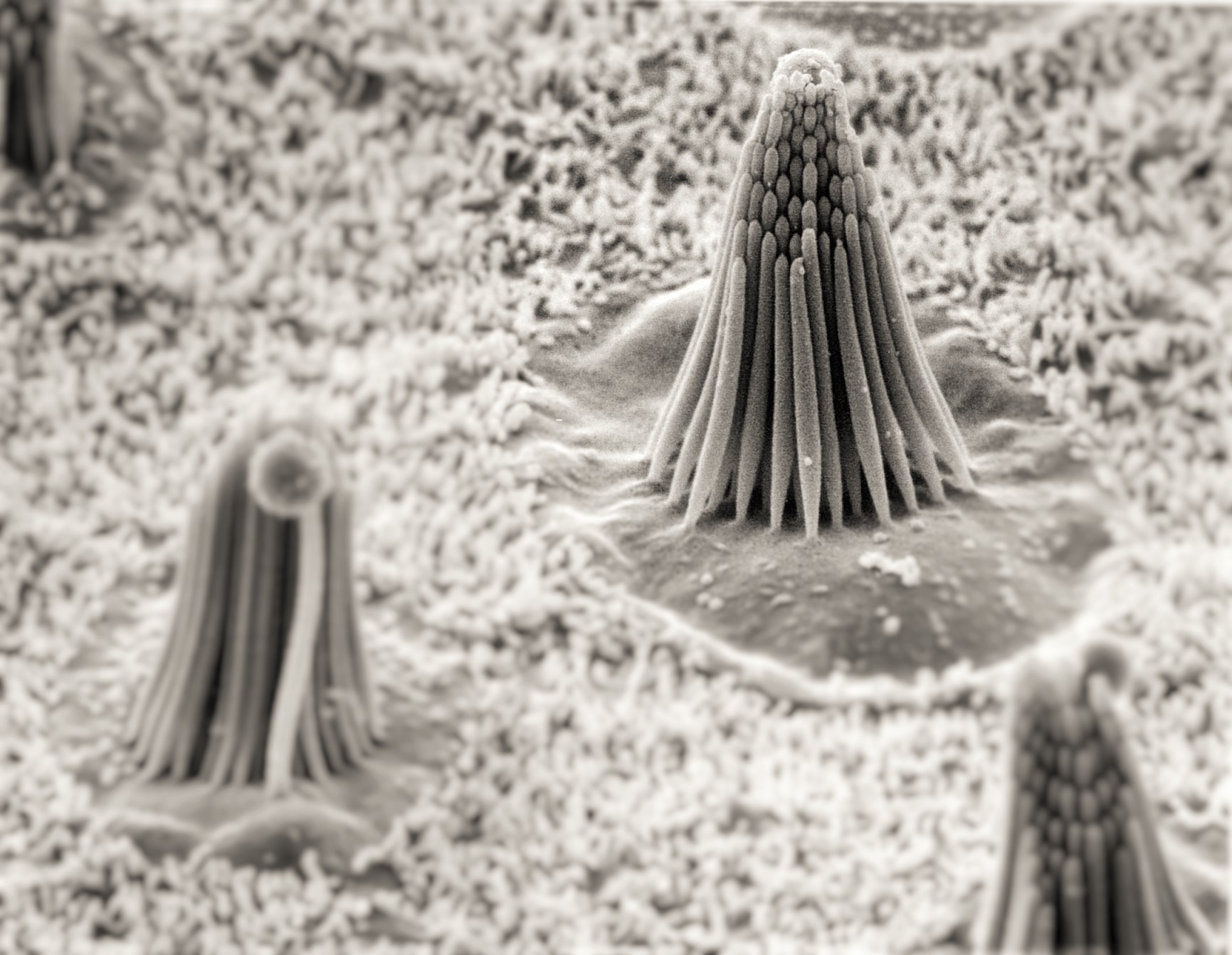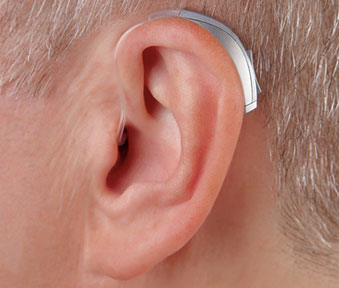Will Hearing Aids Help Me?
I’ve talked to many people about the National Hearing Test (NHT), and a question I’ve been asked frequently is, “What happens if I fail the test?” If your test results were “slightly below” or “substantially below” normal—or when you have any concerns about your hearing—your next step is to see a qualified audiologist. Our web site, www.nationalhearingtest.org, offers information on finding an audiologist in your area.
The next questions I’m usually asked are, “What if I need hearing aids?” and “Will they help me?” Those can be tricky questions to answer. But research has shown that effective hearing aid use depends on the person using them.
Research has shown that effective hearing aid use depends on the person using them.
A recent study by Williger and Lang (2014) examined some factors that influence effective hearing aid use. One of the most important factors in determining how much hearing aids might help is how much hearing loss you have. People who have poorer hearing sensitivity tend to report greater hearing aid benefit, while those with milder losses report less benefit. But note: if you have a mild hearing loss, you may still benefit from using hearing aids, because there are other factors to consider.
A second key factor in determining hearing aid benefit is duration of use: how many hours per day do you consistently wear your hearing aids? People who report using their aids for longer periods of time each day also report greater benefit. You will have the greatest chance of success if you commit to this “training” process. It’s true that wearing hearing aids all the time can be challenging, especially for new users. One strategy that can help ease your ears and brain into listening with hearing aids is gradually increasing your wearing time each day.
 Other factors have also been shown to play a role in hearing aid benefit. These include using additional strategies for communication success, such as looking at the person you are talking with and reducing background noise when possible. The ability to handle and maintain your hearing aids properly (changing the batteries and inserting the aids) is also important. If you cannot replace a dead battery or put the aids in your ears correctly, you are not going to benefit from them.
Other factors have also been shown to play a role in hearing aid benefit. These include using additional strategies for communication success, such as looking at the person you are talking with and reducing background noise when possible. The ability to handle and maintain your hearing aids properly (changing the batteries and inserting the aids) is also important. If you cannot replace a dead battery or put the aids in your ears correctly, you are not going to benefit from them.
A final and important key factor is believing that hearing aids will help. People who think hearing aids will help them report greater benefit and are more effective hearing aid users.
So if you want to increase the benefit of your hearing aids, help them do their job. Set and follow a schedule for increasing the amount of time each day that you wear them. Look at the people you are talking with, and turn the TV or music down. Make sure you understand how to insert your aids properly and how to change your own batteries.
And just as importantly, think positive!
References
Williger, B., & Lang, F. R. (2014). Managing Age-Related Hearing Loss: How to Use Hearing Aids Efficiently–A Mini-Review. Gerontology, 60(7), 574-582.
Image by taoty, published 24 September 2011, Stock Photo – image ID: 10058415























Leave a Reply